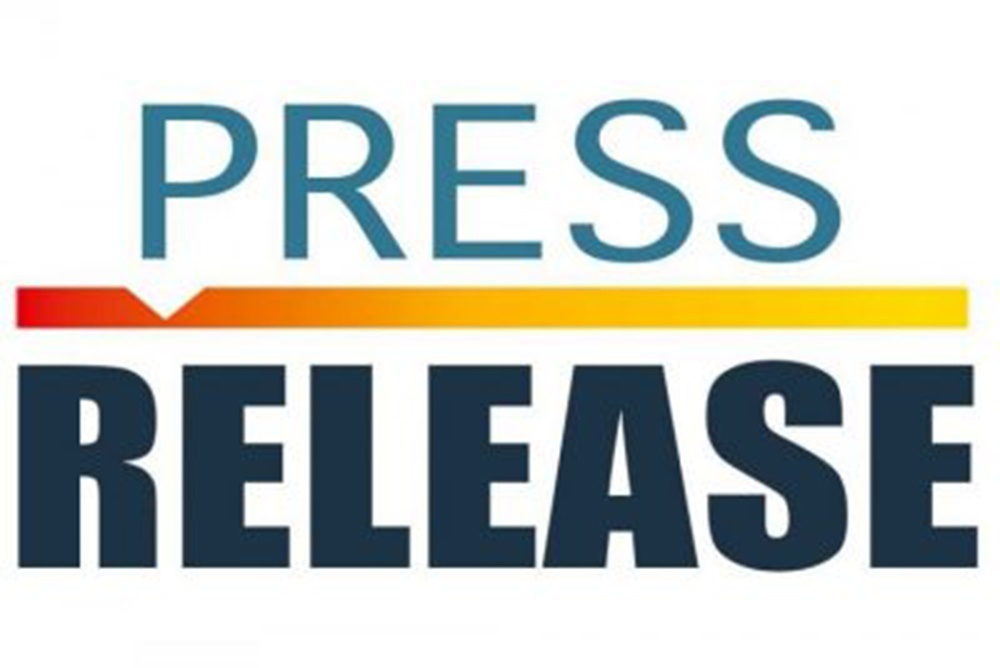The Novel CoronaVirus disease 2019 (COVID-19) was announced as a global pandemic by the World Health Organisation (WHO) on March 11, 2020; and can cause respiratory illness, ranging from the common cold to more severe disease resulting in death. The WHO and the Centre for Disease Control (CDC) have indicated that people who are at greatest risk from COVID-19 belong to the vulnerable groups – including the elderly, chronically ill and immuno-compromised such as people with heart diseases, diabetes and respiratory diseases, who must be at the centre of the response efforts.
At the core of any response mechanism, accurate and supportive care and messaging must be provided with the intention of enhancing people’s safety, dignity and rights, bearing in mind the following: –
Disease outbreaks affect women and men differently, and pandemics make existing inequalities for women and girls and discrimination of other marginalized groups such as persons with disabilities and those in extreme poverty, worse.
Women represent 70 percent of the health and social sector workforce globally and special attention should be given to how their work environment may expose them to discrimination.
In times of crisis such as an outbreak, women and girls may be at higher risk of intimate partner violence and other forms of domestic violence due to increased tensions in the household.
Sexual and reproductive health and rights is a significant public health issue that requires high attention during pandemics.
Safe pregnancies and childbirth depend on functioning health systems and strict adherence to infection prevention.
Provision of family planning and other sexual and reproductive health commodities, including menstrual health items, are central to women’s health, empowerment, and sustainable development.
Gender based violence referral pathways must be developed or updated to reflect changes in available care facilities, while key communities and service providers must be informed about those updated pathways.
Pregnant women with respiratory illnesses must be treated with utmost priority due to increased risk of adverse outcomes.
Provision of mental health and psychosocial support for affected individuals, families, communities and health workers is a critical part of the response.
All health workers, including women, responding to COVID-19 must have personal protective equipment (PPE). Given women’s front-line interaction with communities and their participation in much of the care work, they face a higher risk of exposure.
Men may exhibit less health-seeking behavior because of rigid gender norms, wanting to be viewed as tough rather than weak, implying a delay in detection and access to treatment for the virus.
Therefore, the Gender Affairs Division within the Ministry of National Mobilisation, Social Development, et al. will collaborate with the Ministry of Health Wellness and the environment and other line agencies – with support from UN agencies – as we continue to monitor and respond to the COVID-19 pandemic to ensure that they do not reproduce or perpetuate harmful gender norms, discriminatory practices and inequalities.
We are cognizant that the COVID-19 pandemic can compound existing gender inequalities, and increase risks of Gender-Based Violence. Therefore, the protection and promotion of the rights of women and girls should be prioritized.
I am encouraging all to be safe during this pandemic, while we adhere to the information from the experts in this field.
Warm Regards,
LaFleur Quammie
Coordinator of Gender Affairs

